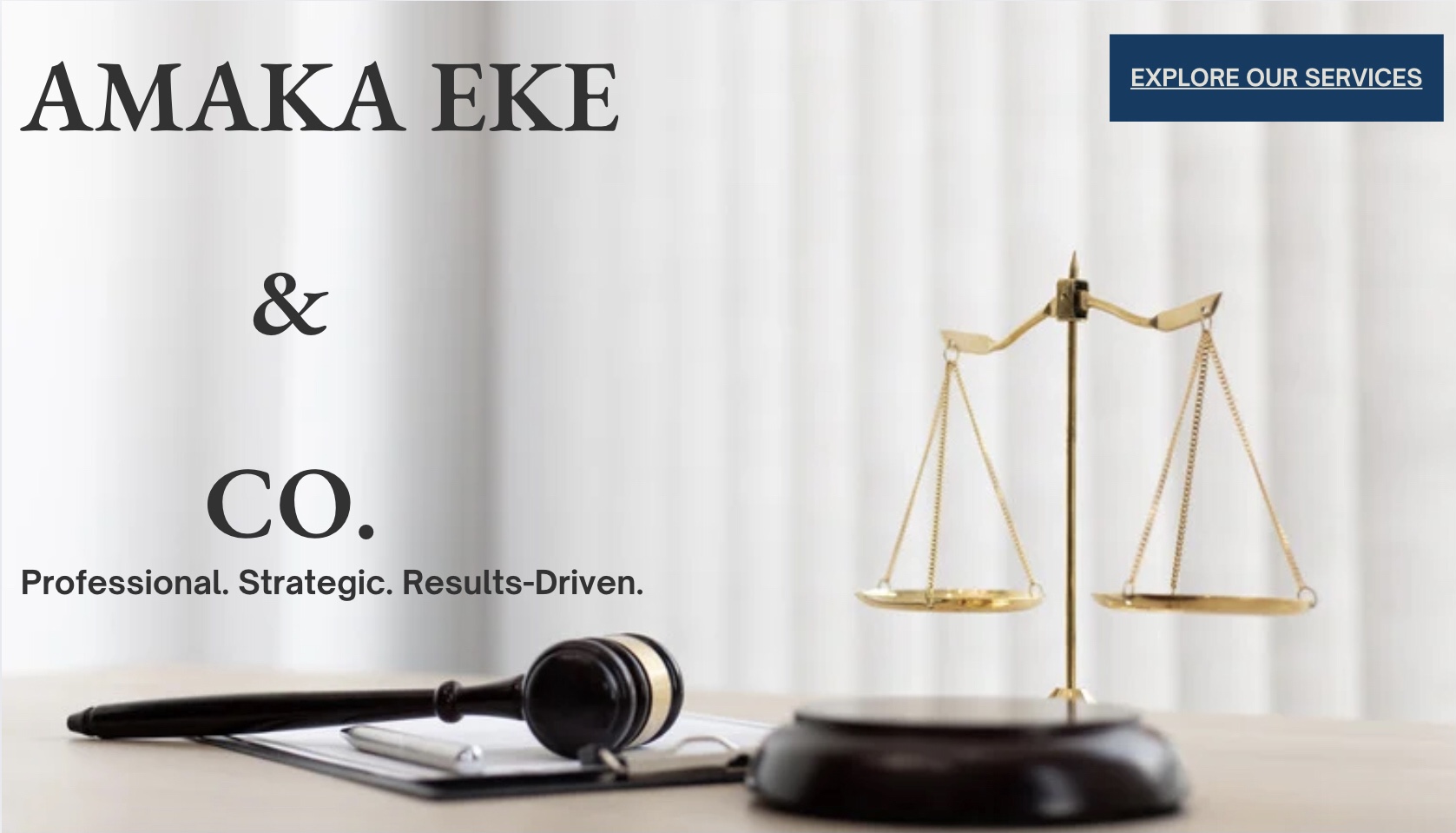A guide for laypersons on how to respond when served with writs, summons, or originating court processes in Nigeria — including your rights, timelines, and the consequences of ignoring court documents.
Being served with court papers can be unsettling — especially if it is your first time. Whether it’s a writ of summons, an originating motion, or any other form of court process, the way you respond can significantly impact the outcome of the case. This guide simplifies what to expect and do when served with court papers in Nigeria.
1. Understand What You Have Received
In Nigeria, court processes come in various forms depending on the nature of the case. You may receive:
• Writ of Summons (common in civil suits)
• Originating Summons (used when there are no material facts in dispute)
• Originating Motion (used in applications)
• Petitions (common in matrimonial and election cases)
• Complaints or Claims (in tribunals or certain administrative panels)
These papers generally set out:
• Who is suing you (the claimant or plaintiff)
• What they are asking for (their claims or reliefs)
• Why they are suing you (their facts and grounds)
• The court hearing the matter
• The date or timeline for your response
2. Don’t Ignore the Papers
Many people mistakenly toss court papers aside — sometimes out of fear, other times out of ignorance. But ignoring them is a costly mistake. If you fail to respond within the required time, the court may proceed in your absence and enter judgment against you. This is called a default judgment, and it can be enforced against your property, income, or legal rights.
3. Know Your Deadlines
Once served, the time to respond is often short and strict:
• 14 days for most civil cases commenced by writ of summons
• 8 days for matters under the undefended list (like debt recovery)
• 21 days for suits commenced by originating summons or motion
• Varies for tribunal or election matters — these are often very strict and time-sensitive
Note: These timelines are subject to the rules of the specific court where the case is filed. Always verify with a lawyer or by referring to the court’s procedural rules.
4. Contact a Lawyer Immediately
Even if you think the matter is simple, engaging a lawyer early helps you:
• Understand the legal implications
• Draft a robust defence or response
• Avoid missing critical deadlines
• Explore settlement or negotiation options, if available
If cost is a concern, you can contact the Legal Aid Council or consult a lawyer for an initial opinion before deciding your next step.
5. Preserve Evidence and Documents
Begin gathering and preserving any relevant documents, receipts, contracts, photographs, or communications that may help your case. Do not alter or destroy anything — the court may rely heavily on these materials to decide your matter.
6. Attend Court When Required
If the court papers include a hearing date, make sure you or your lawyer appears. Failure to attend can result in:
• Loss of opportunity to present your case
• Striking out or dismissal of your defence
• Possible bench warrant in criminal matters
Even if there’s no date yet, you must monitor the process to avoid being caught unaware when a date is eventually fixed.
7. Consider Settlement or Mediation
Court is not always the best or only option. In many cases, parties can settle the matter outside of court through negotiation, mediation, or arbitration. If this is a possibility, your lawyer can help initiate the process, which may be faster, cheaper, and less adversarial.
8. Protect Your Rights
Being sued does not mean you are guilty. You have a right to fair hearing, to be represented by a lawyer, to challenge the claims against you, and to counterclaim if necessary. The court process ensures both sides are heard.
Final Thoughts: Be Proactive, Not Passive
Being served with court papers is not the end of the world — it’s simply the beginning of a legal process. The most important thing is to act quickly and responsibly. With the right advice and timely action, many legal issues can be resolved efficiently and in your favour.
Need help understanding your court papers? Reach out to a lawyer or legal clinic near you. Early action is often the best defence.
Disclaimer:
This article is for general informational purposes only and does not constitute legal advice. Legal procedures may vary depending on the court, type of case, and specific circumstances. Readers are advised to consult a qualified legal practitioner for advice tailored to their particular situation.

Leave a Reply